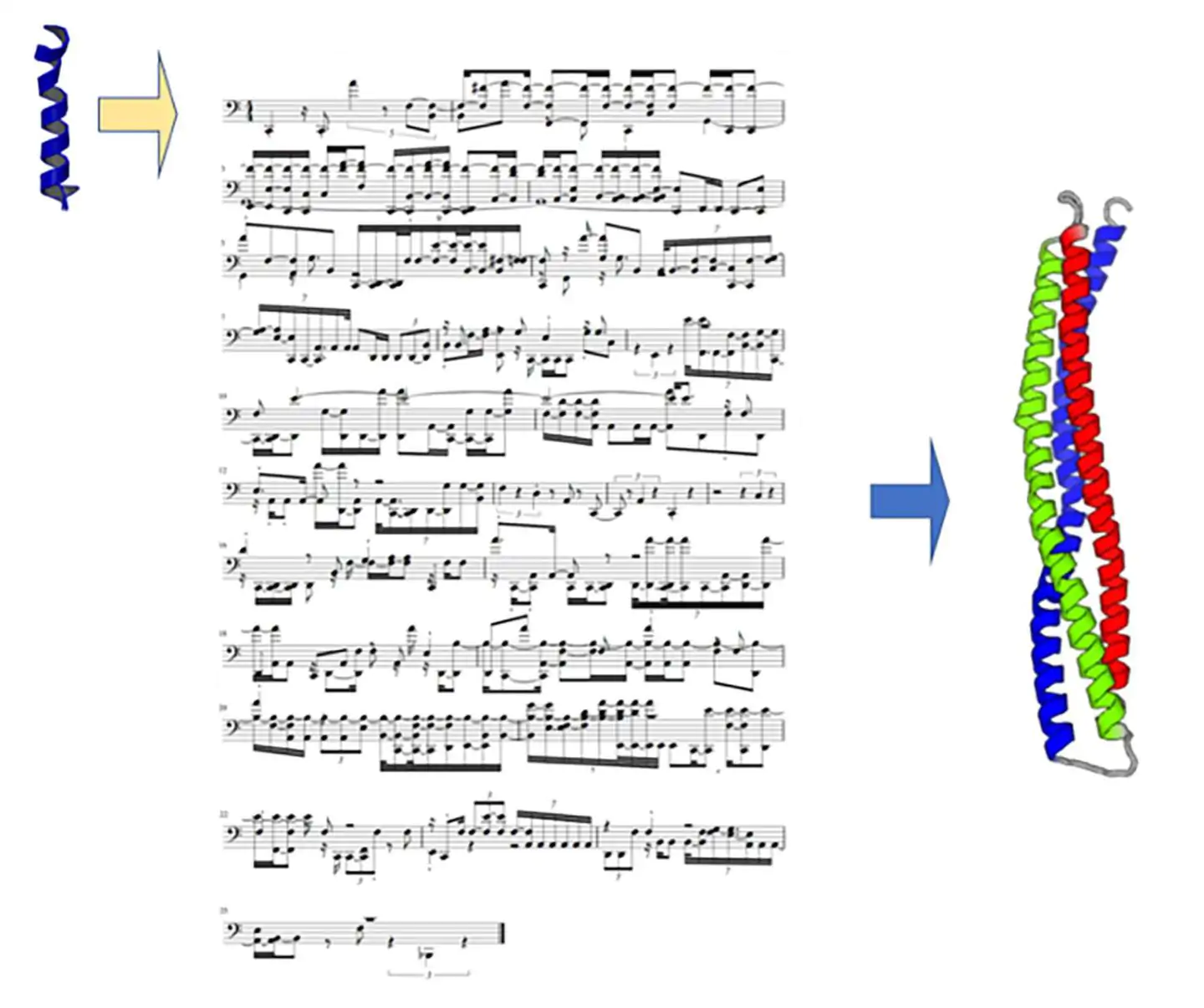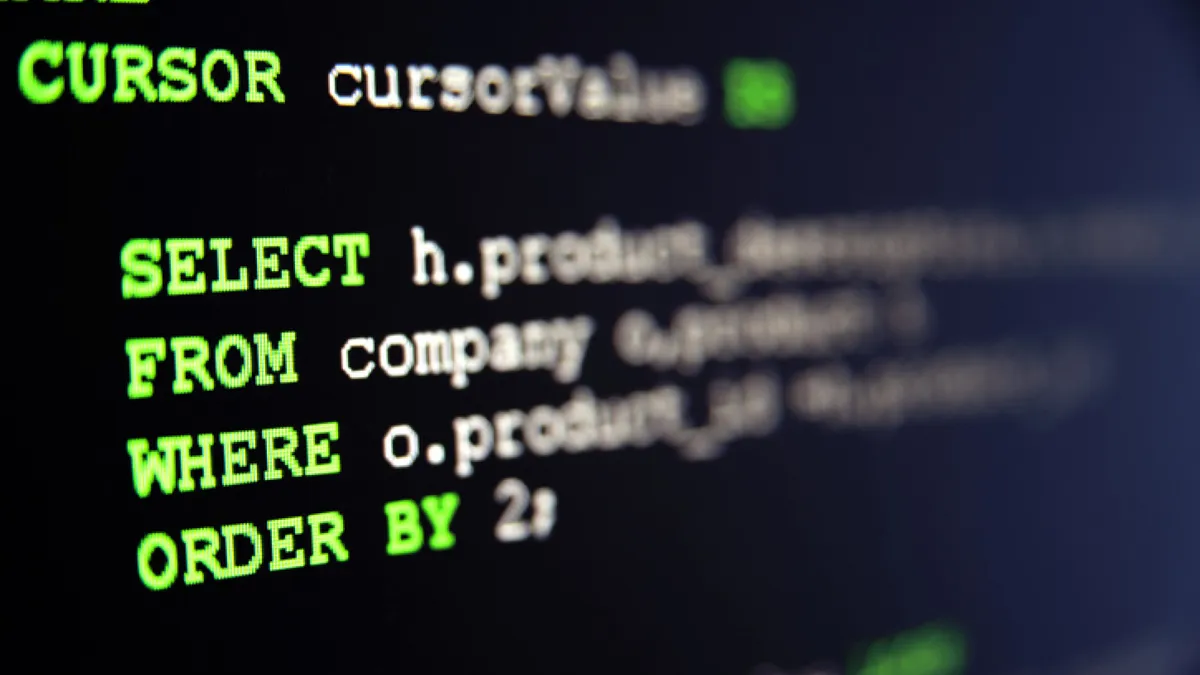It's an exciting day in the worlds of physics and music. Researchers have discovered that proteins have their own unique musical vibrations, and have created their very own musical scores by using AI and proteins.
Proteins are the building blocks of the human body, found in our hair, our tendons, our muscles, and everywhere else. They're a part of us, and it turns out they can make music too.
The findings were published in the journal APL Bioengineering on Tuesday.
SEE ALSO: SCIENTISTS CREATE PROTEINS THAT DON'T CROSSTALK WITH OTHER MOLECULES
When nature and science work together, they can create music
Proteins are naturally found in anything from silk to human cells, however, scientists have no way to automatically figure out their design, and need them to create new proteins.

This is where engineers, Markus Buehler from MIT, and Chi Hua Yu from the National Cheng Kung University in Taiwan, come in. The researchers discovered that each of the twenty amino acids that make up a protein has its very own sound.
Moreover, the team put two and two together and noticed that, like music, proteins have a hierarchical structure. For instance, the basic structuring of a protein is due to the varied ordering of its amino acids, which is very similar to how music scores are structured.
So Buehler and Yu decided to take their experiment further by assigning each protein trait a musical analogue. For example, a specific amino acid was assigned the musical note "C", and so on and so forth. The result? A musical stave of protein notes.
Buehler then created a whole raft of musical protein pieces that he's shared on SoundCloud.
AI and musical proteins
But that wasn't enough to satiate Buehler and Yu's thirst for science and technology. The team then trained a deep learning algorithm on data sets that included a number of proteins and their linked musical scores.
Once the training was done, the algorithm was prompted with bits of music to start producing entirely new musical compositions. This is music like you've never heard before.
It's not yet certain how this discovery will assist science, however, Buehler is optimistic as he stated "This paves the way for making entirely new biomaterials. Or perhaps you find an enzyme in nature and want to improve how it catalyzes or come up with new variations of proteins altogether."


These helpful hints will make your life easier if you create databases or wish to get your hands dirty with SQL.

 Elon Musk's Starlink satellites got 'invisibility' upgrades. What do astronomers say?
Elon Musk's Starlink satellites got 'invisibility' upgrades. What do astronomers say?
 How Oracle's test smart city may pioneer bold ideas for construction
How Oracle's test smart city may pioneer bold ideas for constructionAI algorithm pinpoints 8 radio signals that may have come from aliens
NASA's Perseverance rover has established a historic Mars sample depot
An experiment makes lagoon waves pink, here's how



